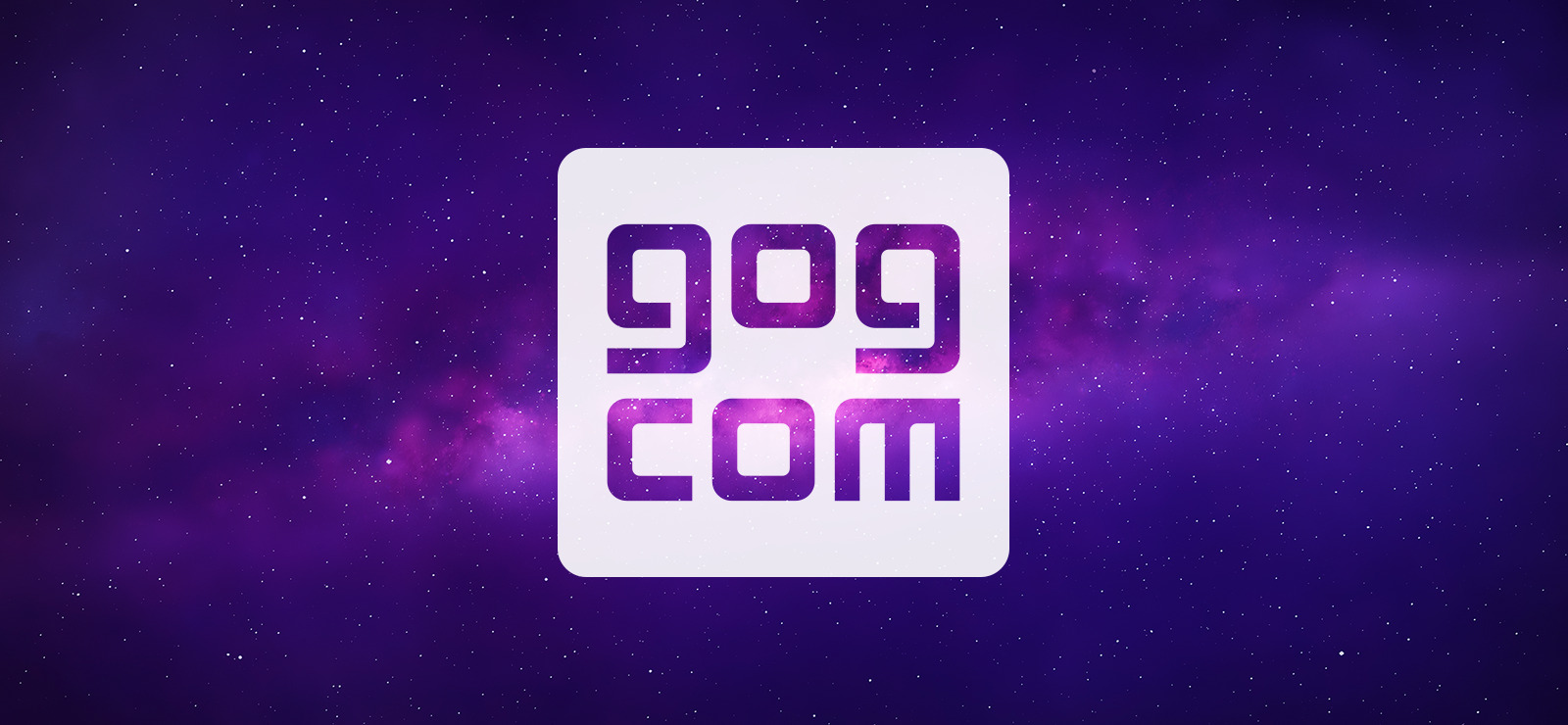Fair Access to Banking
The companies that process your credit card payments are becoming the new arbiters of what you can see and buy. By threatening to withdraw their services, these financial behemoths have forced the removal of hundreds of legal products, including mature video games, from well-known digital storefronts. This gives a few unelected executives in a boardroom immense control over free commerce and expression. To address this, the Senate has proposed the Fair Access to Banking Act (S.401). While it may not solve the entire problem, it represents a vital move to rein in this power and protect a marketplace where legal goods can be sold without fear of censorship by a payment processor.
Few people understand how their credit cards work and many falsely assume their bank debit cards are direct transactions between their bank and the store they are buying from. There are many layers of abstraction, and up to six different companies can be involved in the process between you and the seller. Each of these steps represents a bottleneck and single point of failure, a chance for a meddling money handler to decide against your purchase.
Each of these companies maintains its own terms of service and each of them can block a transaction by themselves. Additionally, intermediary companies that handle card transactions are mutually and individually bound to the terms of every Card Network, so even if you never do business with Discover or American Express, you must still obey their rules if you want to accept Visa or Mastercard. For online businesses, there are no alternatives: you will do exactly what they want, or you will not do business at all.













